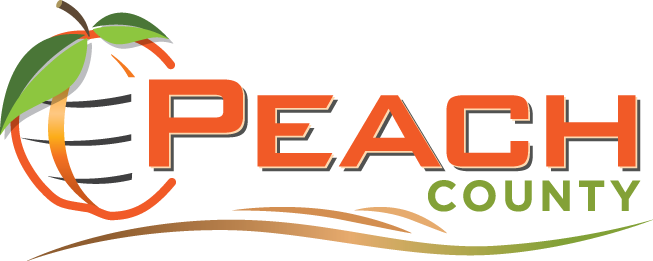School Buses in Orland Hit Road with Cleaner Fuel
November 11, 2016
Mike Nolan Daily Southtown mnolan@tribpub.com Chicago Tribune
One of the aromas of fall has been missing this year outside of school buildings in Orland School District 135.
As part of the district's student transportation contract this school year, American School Bus Co. is relying on buses powered by liquefied petroleum, or propane, rather than diesel fuel. The company, a subsidiary of Oak Brook-based Cook-Illinois Corp., has 79 Blue Bird Vision propane-fueled buses on routes serving district schools.
"Kids aren't getting on buses with diesel fumes hanging around," Jerry Hughes, district director of risk management and safety, said.
He said it was not uncommon for some students, particularly younger ones, to complain of nausea and headaches because of diesel fumes, and Hughes noted the propane buses are quieter than conventional diesel buses, making it easier for drivers to hear. Compared with diesel, the buses also warm up faster, meaning kids aren't boarding a chilly bus during winter months, Hughes said.
Emissions are dramatically reduced compared with conventional diesel systems, although new clean-diesel technology that has been developed has also sharply cut greenhouse gas emissions.
But buses equipped with clean-diesel systems have their own maintenance issues, and diesel-fueled buses can be ornery in cold weather as far as starting reliably, John Benish Jr., Cook-Illinois' chief operating officer, said.
The company has used LP-fueled buses for more than four years, and currently has 92 of the Blue Bird buses based at its facility in Crestwood, he said. Another 40 propane buses are going to its Kickert School Bus Line subsidiary in Lynwood to serve Matteson School District 162 and Park Forest-Chicago Heights School District 163, Benish said.
With fewer maintenance issues compared with either conventional diesel or clean diesel, and with LP fuel costing about half the price of diesel, the company sees propane as its fuel of choice going forward. Cook-Illinois expects that all of its subsidiaries will eventually operate buses powered by propane.
"This is the first year we have not bought diesel buses since the 1980s," Benish said.
Still, buses burning propane are several thousands of dollars more expensive than buses with clean diesel technology, and the company won't see a return on its investment for a few years, he said. District 135's contract with American is substantially more costly than the agreement with its former transportation provider, Student Transportation of America, partly because of the use of propane buses.
The district's school board and other officials were "excited about the green nature" of LP buses compared with diesel, Hughes said.
Almost 4,000 students daily bused to and from district schools, which also includes special education students who are transported by a different bus company.
The use of propane to power school buses has been gaining ground, particularly as fleet operators have looked to alternative fuels to save money and cut greenhouse gas emissions.
Referred to as "autogas" when used in vehicle applications, liquefied propane has experienced a "groundswell" in recent years, Brian Carney, an executive with Roush CleanTech, said.
In 2012, his company, bus manufacturer Blue Bird and Ford Motor Co. teamed up to develop the buses that are being used in District 135, and the partnership has LP buses on the road in every state except for Hawaii, Mississippi and South Dakota, he said.
Propane is a natural byproduct of natural gas refining, and as new, abundant sources of natural gas have been tapped that has helped to keep propane prices fairly steady, although they can fluctuate during the fall and winter heating season.
Carney said that Blue Bird has been offering LP-powered school buses since the mid 1990s, and initially there was "slow, gradual growth" of using propane as a fuel source among bus fleet operators. More recently, he said, there has been a "pretty big uptick" in demand for the buses.
The partnership hit a high point last year, moving just over 2,500 of the buses, Carney said.
Roush CleanTech is a division of Michigan-based Roush Enterprises, which is probably better known for its high-performance automotive equipment. Along with school bus fleet operators, Roush CleanTech has seen demand for propane vehicles from public transit agencies and companies such as DirecTV, Carney said.
At its annual meeting in July, the National School Transportation Association presented its 2016 "Go Yellow, Go Green" award to Cook-Illinois for its use of the propane buses. The award, according to the association, recognizes a "leader in the school bus industry who has demonstrated initiative and commitment in pursuing positive response to growing environmental concerns."









